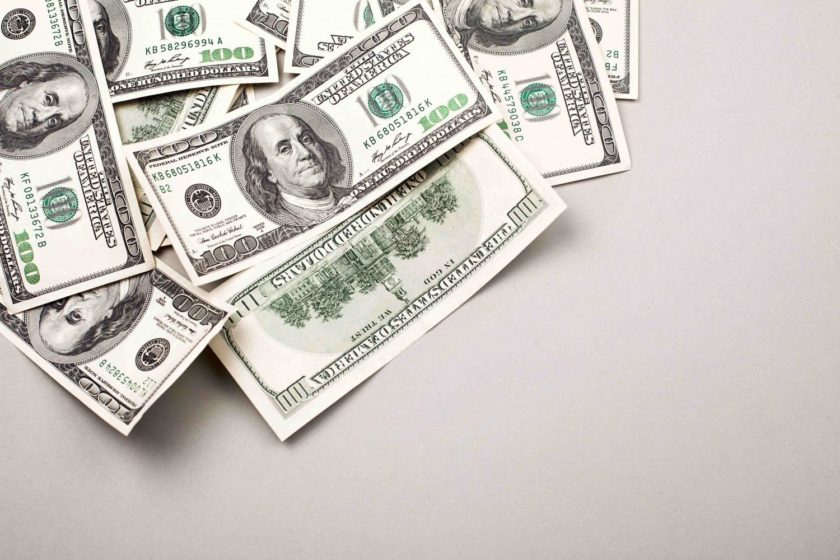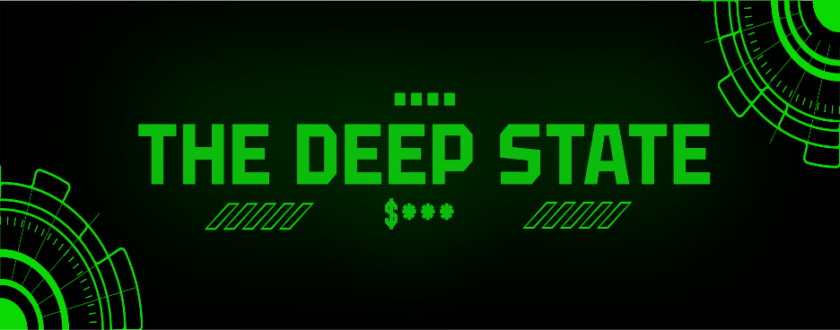After months of lockdown and quarantine orders, there’s light at the end of the Covid tunnel as countries and regions plan to open up again to tourists from overseas or establish bilateral travel bubbles. Among the public, there’s growing excitement at the prospect of overseas travel once more.
Yet not everything goes to plan. While Singapore and Vietnam take steps to welcome back tourists, a surge in Covid-19 cases in Hong Kong saw its hoped-for travel bubble with Singapore pop in late November 2020. At the heart of finding a solution to the travel conundrum lies the question of how travelers’ health status can be verified as true, be privacy-protected and shared in a fast and secure manner between different countries’ immigration and health ministries.
To date, different governments have handled Covid-19 differently with regard to mandates on social distancing, mask-wearing and testing. Rapid turnaround and reliable PCR (polymerase chain reaction) testing has often been difficult to source, and pathology laboratories have even been caught offering fraudulent health certificates. The challenge is to have a verifiable testing and certification system that instills confidence in any individual’s health data. And that’s where blockchain can play a part.
Blockchain is the technology that underpins cryptocurrencies such as bitcoin, but it has many other uses too. It offers people — or countries — a way to collaborate by sharing, verifying and protecting data. It fosters trust between parties who are unknown or otherwise have little confidence in each other. Blockchain’s immense business value is evident in the growing range of industries that are starting to use it.
Protecting patients’ health data
The healthcare industry is increasingly applying blockchain to protect patients’ private health data. For Covid-19, it is used to improve the speed, security and efficiency of clinical trials, vaccine research data, and in testing, tracking and tracing of cases. It will also play a fundamental role in supporting the monumental task of administrating Covid-19 vaccine supply chains and distribution.
New data platforms, such as Stanford University’s “Race to a Cure,” facilitate real-time understanding of vaccine development status and success. Secure online portals, such as Alan Chiu’s company Enya.ai, developed “FeverIQ” in partnership with Stanford. The technology, which can calculate your chances of having Covid, provides an online daily Covid health check system for individuals, for businesses to protect their staff, and for schools to protect their students.
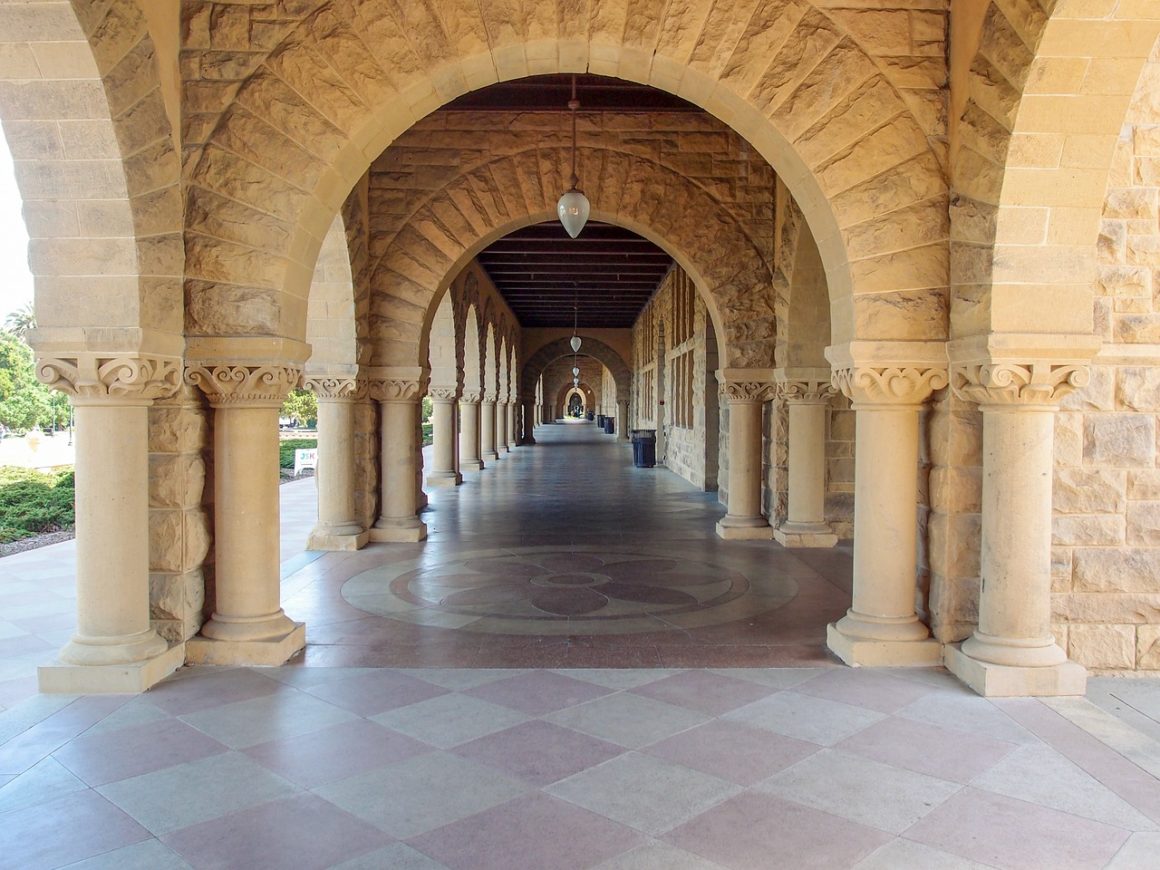
By encrypting data at the very start of the questionnaire process, using “secure multiparty computation” plus new cryptographic tools, private and sensitive medical data is protected.
“The FeverIQ project has been the world’s largest deployment of secure computation in a health context,” Chiu told Forkast.News. The platform not only helps determine your likelihood of contracting Covid-19 or need for a Covid test, he added, but the data collected also directly supports health officials as they allocate scarce testing resources.
Blockchain for travel: desperate travelers, fake certificates
Prior to the Covid-19 pandemic, global travel and tourism was projected to be worth over US$700 billion in 2020, but that fell to US$447 billion as a result of the pandemic. The International Air Transport Association (IATA) believes that 2020 will go down as the worst year in the history of aviation.
Despite the recent vaccine approvals, wide availability remains some way off. However, some people still need to fly for work or urgent family reasons. Reviving travel would also help economies that have been decimated by pandemic lockdowns. For all these reasons, governments are keen to develop bilateral travel bubbles.
With proof of a negative Covid-19 test just prior to travel, citizens would be allowed to travel and be exempt from a long quarantine upon arrival. IATA is also providing guidance, with assurances of new airport and aircraft cleaning protocols, to minimize the chance of contracting Covid-19 during air-travel.
IATA predicts that global air passenger traffic won’t return to last year’s level of 4.5 billion until 2024, despite expected rapid growth from current levels once the Covid-19 vaccines are more widely available. But travelers continue to fly despite the safety threats, and there is still limited infrastructure available to genuinely authenticate passenger testing and screening.
Paper certificates have been used for immigration purposes in the past. The advent of digitally verifiable certifications represents a quantum step forward in the security and safety of international travelers. Blockchain will further support the verification of e-health certificates and cut down on the number falsified test reports being used by desperate or stranded travelers, thereby supporting safe travel.
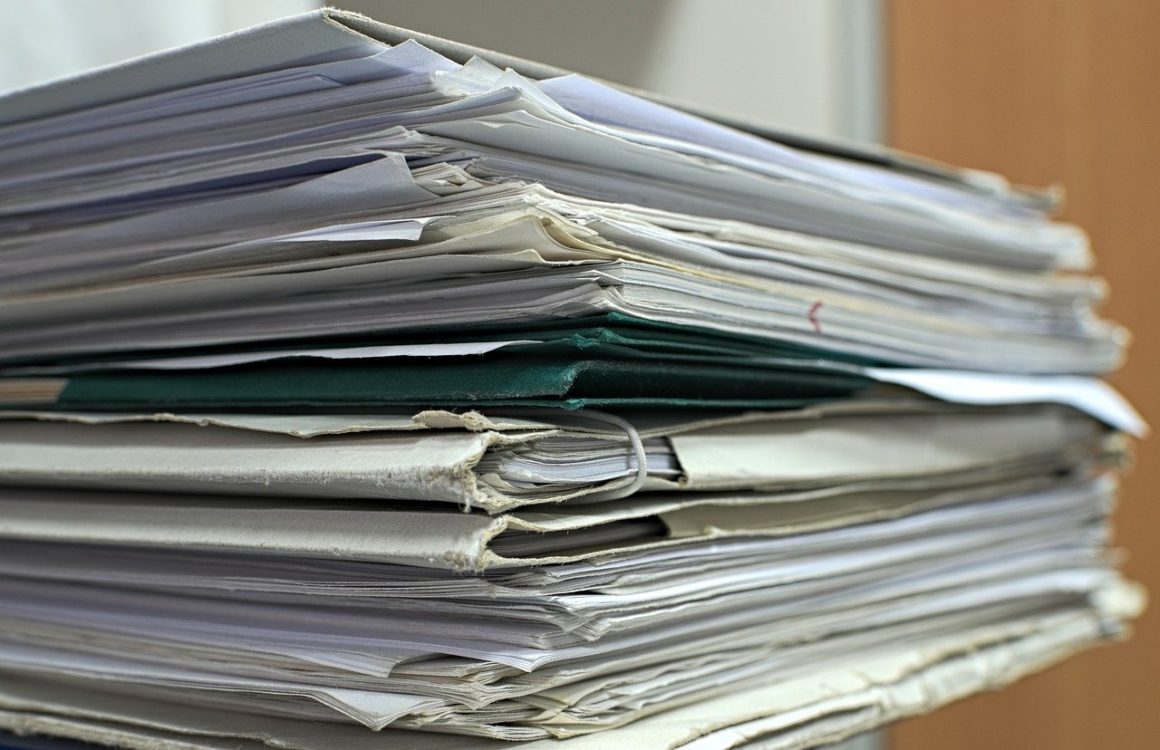
In late December 2020, Singapore became the first government to use and accept digital health certificates for international arrivals. The ICC AOKpass is a blockchain-based, digitally verifiable health certificate that verifies travelers’ negative Covid-19 status. Before departure to Singapore, passengers need to check the Singapore SafeTravel website for travel requirements and book a pre-departure Covid-19 PCR test with an approved healthcare provider, which then issues digital health credentials through the secure ICC AOKpass mobile app. The authenticated results can then be presented at the airport immigration counter on arrival.
On January 19, (IATA) announced a partnership with Emirates airline to trial the IATA Travel Pass — a mobile app akin to a digital passport, to help passengers securely manage their travel in line with any government requirements for Covid-19 testing or vaccination proof. The platform enables authorized laboratories and test centers to securely send test results or vaccination certificates to passengers.
“There’s a real opportunity with Covid-19 vaccinations to use blockchain effectively in an abstracted way that doesn’t really impact user behavior, but provides a much more reliable and trustworthy mechanism for knowing if the information really is true,” Jim Nasr, CEO of Acoer, a blockchain healthcare software company, told Forkast.News. “And then in turn, using an application such as a health pass application, to show that you have been vaccinated and you’re able to go back to events and school and activities.”
How blockchain works to protect health data
In a sense, safety in numbers is central to blockchain. Thousands of computers worldwide receive and contribute medical information into their databases. Each computer is called a node. Every time a transaction occurs it has to be approved by all the other nodes, each of which checks its validity. Once every node has checked a transaction there is the equivalent of a vote, to approve a legitimate transaction. If a majority of nodes say that a transaction is valid then it is written into a block.
Should a hacker target any one node on the blockchain network and attempt to make an unauthorized change, the other nodes will prevent it from happening. In theory, increased digitization of healthcare could help provide documentation needed to do checks on people traveling. In practice, however, there are security concerns related to storage, ownership, and patients’ personal health and medical data.
Privacy and security breaches are purportedly increasing every year, with 37 million medical records affected between 2010 and 2017. While such security flaws exist in the management of conventional digital health records, blockchain has been suggested as a way to address such critical challenges faced by the healthcare industry, as it is able to ensure safe sharing of medical records and compliance with data privacy laws.
Blockchains are designed to be immutable once inscribed, unless any change has the support of 51% of the network. It makes this technology exceptional for storing patient medical records as data because it is virtually tamper-proof.
Decentralized traveler identity
In 2017, the World Economic Forum developed the “Known Traveler Digital Identity” concept, based on the principle that an individual traveler maintains control over the use of his or her own identity and personal information. This decentralization of control over the components of their identity enables travelers to push proof of their identity — secured by distributed ledger technology and cryptography — to governmental and private-sector entities throughout their journey.
Access to verified personal biometric, biographic and historical travel data enables entities throughout the travel process to undertake advanced risk assessment, verify travelers’ identities and provide improved passenger flow through biometric recognition technology. This blockchain-based system helps improve the flow of data between travelers and customs officials, reducing immigration queues at the airport. Now, similar technology is being applied to travelers’ Covid-19 status.
The power of blockchain is already serving to track and trace travelers’ “Covid-19 status.” To counter fraudulent PCR certifications, governments are developing lists of approved laboratories, with good laboratory practice (GLP) or FDA-approved Clinical Laboratory Improvement Amendments (CLIA), for passengers to choose from for testing. Tests from other laboratories will not be accepted. The swab should be sampled by a trained medical professional — as opposed to an unsupervised saliva test.
Thereafter, the entire subsequent chain of health processes — from laboratory to landing — can be managed by blockchain, which protects and verifies data, denies data manipulation and identifies fakes. Blockchain can rapidly produce digital immunity certificates and QR codes for Covid-19 test-taking travelers.
“There is an urgent need for a common framework in certifying, authenticating and securing the results of a Covid-19 test for air transport stakeholders and local health authorities. In addition, users must trust that their data privacy is managed well, with no risk of personal data leaks,” said Dr. Chester Drum, co-founder of the Singapore-based AOKpass, in a public statement. “The use of blockchain technology is a critical step in combating the challenges of forged tests and medical records, while enabling quick and secure verification of Covid-19 test results for travelers to have peace of mind throughout their journey.”
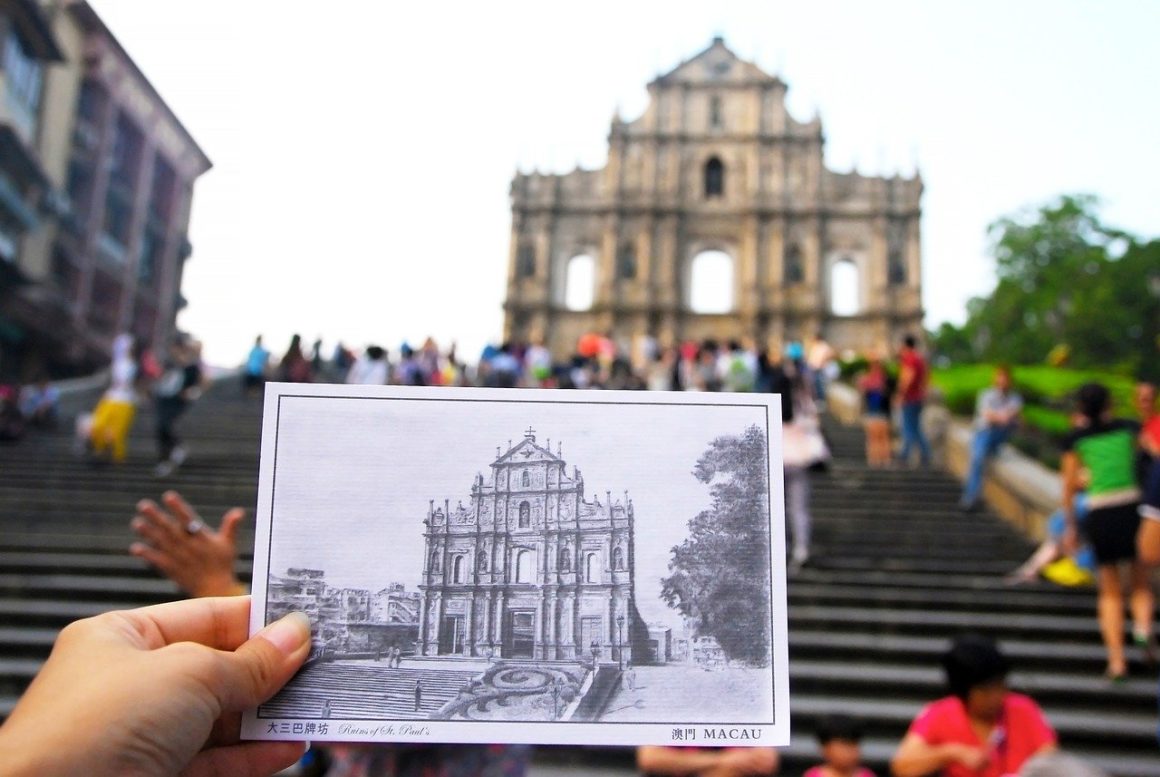
Using such QR codes, more than 17 million people have traveled between the Chinese mainland and Macau since September 2020. Meanwhile, Hong Kong and Singapore have completed preparatory work on their own respective health codes, raising the prospects for a resumption of flights soon, either through vaccination or keeping numbers low via social-distancing and mask-wearing. Singapore has already opened to China, Australia and Vietnam, via similar blockchain health-codes and data-based agreements, including the ICC AOKpass app.
The long-term impact of Covid-19 on travel remains uncertain, but swift developments in travel regulation provide insights into how consumer safety and privacy are changing. These new technologies will likely be integrated into travel permanently, supporting safe travel and a safer aviation industry, far beyond this and future pandemics.


